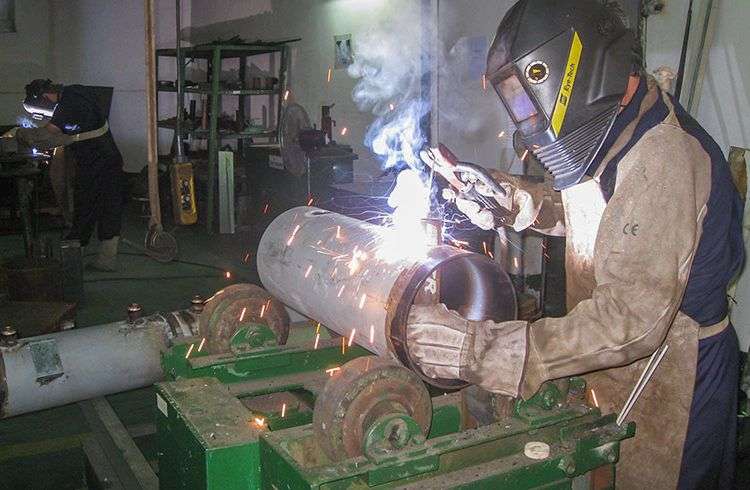A few days ago Granma newspaper referred to the need to improve productivity to increase wages calling for greater sacrifice of the workers in order to create more wealth as the only way to improve their incomes.
But the truth is that many times Cuban workers are not the real responsible for increasing productivity and efficiency, but the directors of their companies and bureaucratic structures created by the government to control and centralize .
Two of these sad institutions were already dismantled: Stockpiling and Housing. The first was famous for its inefficiency to distribute the crops and the second one had become a nest of corrupt people speculating with housing shortage.
However, much remains to be done in the way of bureaucratization . It is a Gordian knot impossible to untie if there is not the will of taking radical measures. There are structures which disappearance is essential to progress.
It is also advisable each one to occupy the place he deserves . I would say that nowhere in the world the Ministry of Transport decides the brand of the engines of the buses imported by transport companies.
Unlike Cuba, in other countries the importers do not decide what to be bought and to whom. Their role is limited to make the necessary formalities for passage through customs of products or equipment that customers decide to purchaseaccording to their needs.
All these entanglements of bureaucratic corruption make difficult the operation of enterprises which suffer because American engines are imported without spare parts or medical equipment are rotting in customs waiting for importers to pick them up.
In recent days I heard of more arrests of senior officials of the Cuban import companies. Each month one of them is put in jail, but corruption of those persons continue by selling contracts to the one who pay them the highest ¨commission.¨
In addition, an important foreign entrepreneur has just been condemned, who thanks to these mechanisms stole the country tens of millions of dollars. How many more arrests will be needed to understand that that bureaucratic labyrinth is which facilitates corruption ?.
Cuban companies are hamstrung ; they should discuss almost everything and have no freedom to manage their benefits. Some even have to ask permission to engage the services of a cooperative or self-employed sector.
The truly productive and efficient businesses are not allowed to freely reinvest profits. On the contrary, they are milked by applying an arbitrary parity between dollar and Cuban peso, rate used to finance the unproductive ones.
The workers did not create these mechanisms , they did not appoint incompetent or corrupt business leaders, they did not invent unnecessary bureaucratic structures either, neither were those who decided to set monetary duality.
Asking the farmers to increase the harvest without provision of essential inputs for work will give poor results. The same shall happen if pressing the workers to improve production if the machines are stopped due to lack of spare parts.
The Cuban government should plan the economy in a way that production processes not to be stopped by lack of foresight; the business leaders should pay inefficiency with their positions and judicial punishments for corruption should be more severe.
Paradoxically, today you can face a tougher sentence for robbing in a house than that applied to a minister who speculated with food of all Cubans or to those involved in the deaths of dozens of patients in Havana psychiatric hospital.
Granma newspaper asks “what goes first: wages or productivity?”, and compares it to the dilemma of the chicken and the egg. However, it is sailing alone on the surface because there will hardly be better results if the structures and systems ofbusiness management are not changed.










